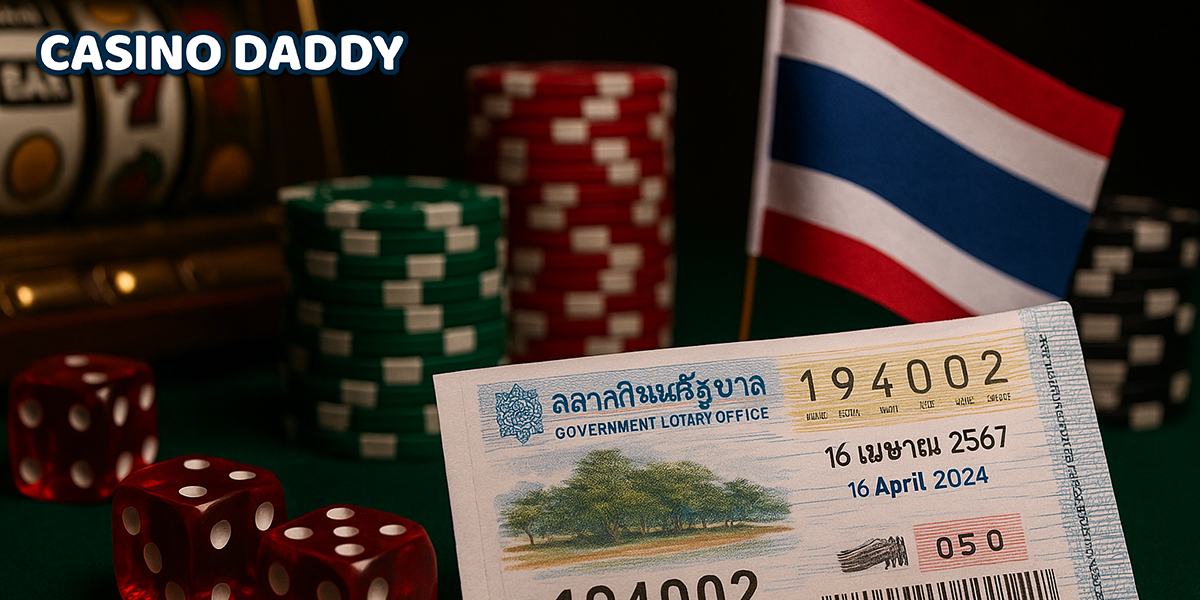Thailand Considers a Revamped National Lottery

Thailand’s government is currently evaluating a complete overhaul of its long-standing lottery system. The national lottery is one of the country’s most important state-run games, but it has faced criticism for issues with distribution, fairness, and outdated structures. A reformed system could modernize the way tickets are sold, increase transparency, and make the lottery more appealing to today’s players.
Why the Lottery Needs Change
The Thai lottery is one of the few legal gambling options in the country and provides billions of baht annually to state programs. Despite its success, several concerns have been raised:
-
Unregulated resale of tickets often inflates prices above the official value.
-
Lack of transparency in how revenues are allocated.
-
Limited prize options, which make it less attractive compared to modern lotteries abroad.
-
Absence of digital integration, leaving many younger players disengaged.
For years, players and industry watchers have argued that the system needs a major upgrade. The government now seems ready to act.
Planned Features of the Revamped Lottery
Although the reform is still under discussion, policymakers have shared several potential directions:
-
Digital Ticketing – Online platforms could allow players to purchase tickets securely from their devices, reducing the dominance of street resellers.
-
New Prize Structures – Instead of fewer massive jackpots, the lottery might introduce more frequent, mid-level wins to keep engagement high.
-
Better Oversight – Stricter regulations and monitoring of sales channels would help prevent illegal practices.
-
Player Protection Tools – Clearer age verification and responsible gambling features could be implemented through digital systems.
If approved, these changes would bring Thailand’s lottery closer to the modern standards seen in markets such as Europe and North America.
Impact on Players and the Casino Industry
For casino players, a revamped lottery could provide a new form of entertainment that competes directly with online slots and live dealer games. The potential introduction of digital platforms would make the lottery accessible in the same way as online casinos, a move that could shift player habits.
At the same time, casino operators and game providers are closely following these developments. A modernized lottery could create opportunities for cross-industry collaborations, such as technology partnerships, responsible gambling initiatives, or even joint marketing campaigns.
What This Means for Thailand’s Gaming Market
Thailand has historically taken a cautious approach to gambling, with casinos remaining illegal. The lottery and horse racing are among the few permitted betting formats. By choosing to modernize its lottery rather than expand casino regulation, the government signals that it wants to generate more revenue without opening the door to broader legalization.
However, digital integration may set a precedent. Once players become used to online access for state games, demand for regulated casino platforms could increase. The lottery overhaul may therefore act as a testing ground for future gambling reforms in Thailand.
Conclusion
Thailand’s potential lottery revamp is more than a simple update. It represents a shift toward modernization, transparency, and digital accessibility. For players, it promises easier access, fairer systems, and more engaging prize structures. For the industry, it could reshape the local gaming landscape and even influence long-term discussions about legal gambling expansion in the country.





